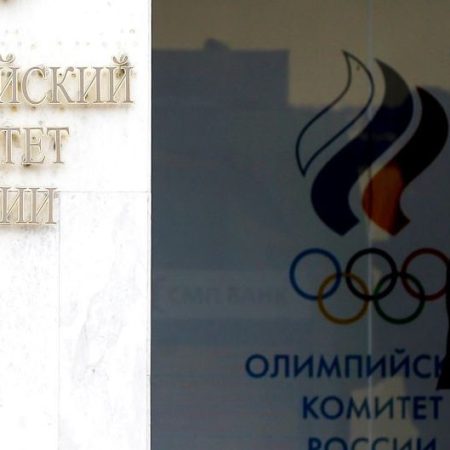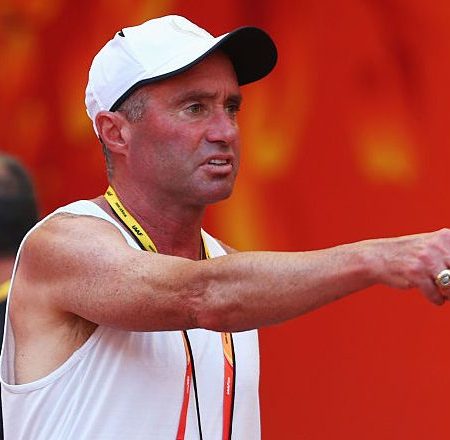It’s been almost three years since the Tokyo Olympics wound down — yes, three years since the 2020 Olympics; pandemic delays will do that. Unfortunately, it also means that three years ago, there was the makings of a major doping scandal in the world of competitive swimming, and the full scope of it is only coming to light now. As sports controversies go, this one has it all: international intrigue, rival anti-doping agencies and troubling accusations about the ways in which regulations surrounding prohibited substances are enforced.
In a blockbuster investigation from The New York Times, working in conjunction with the German news agency ARD, Michael S. Schmidt and Tariq Panja found that 23 swimmers who represented China at the Tokyo Olympics tested positive for a banned substance less than a year before the Summer Games.
You may recall that, in the months prior to the Tokyo Olympics, Sha’Carri Richardson tested positive for THC and was prohibited from competing in Tokyo. In the case described in the Times report, the Chinese swimmers — several of whom went on to win medals in Tokyo — tested positve for trimetazidine seven months before the Olympics. According to a report from ESPN and Reuters, CHINADA investigated the tests and found that the athletes were provided with the substance accidentally via contaminated food.
The World Anti-Doping Agency supported CHINADA’s findings. Not everyone in the anti-doping community is on board with that decision, however. According to the Times‘ reporting, whistleblowers contacted the International Testing Agency with evidence of the positive tests. The head of the U.S. Anti-Doping Agency also took a hard line against WADA’s decision.
Is It Time We Just Accepted Doping as Part of Sports?
“Harder, better, faster, stronger” has always been the goal. Is that so bad?“All of those with dirty hands in burying these positives and suppressing the voices of courageous whistle-blowers must be held accountable to the fullest extent of the rules and law,” said the agency’s CEO, Travis T. Tygart, in comments made to the Times.
It’s worth pointing out that this is not the first time where a positive test for trimetazidine resulted in an elite athlete receiving a more lenient punishment than expected. At the 2022 Winter Olympics, news emerged after Russian figure skater Kamila Valieva had completed that she had tested positive earlier that year for trimetazidine. Eventually, she was retroactively disqualified from the event — though that decision was not completed until earlier this year. Will this news have a similar effect on China’s elite swimmers? It’s one to watch as the Paris Olympics draw closer.
The Charge will help you move better, think clearer and stay in the game longer. Subscribe to our wellness newsletter today.



















